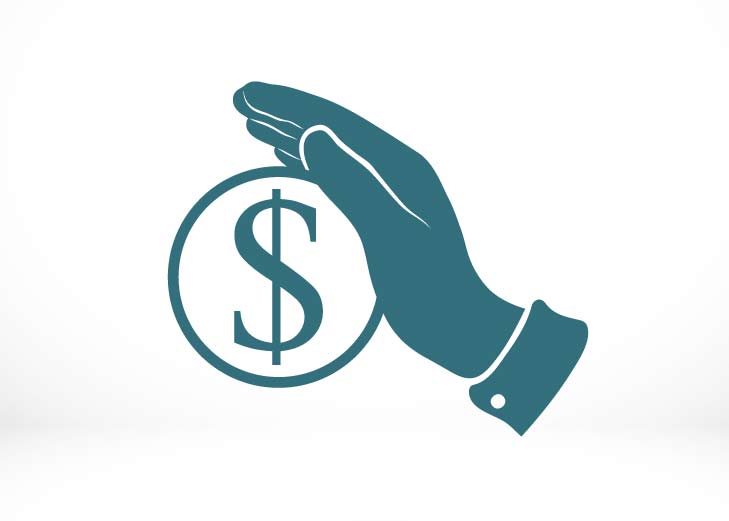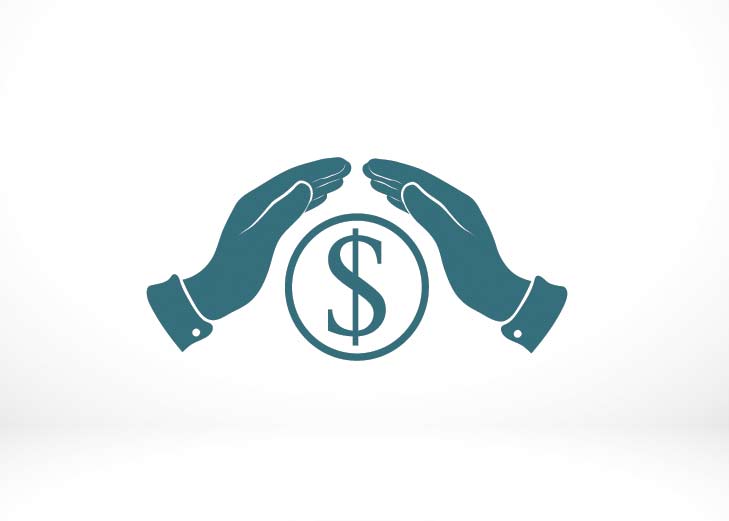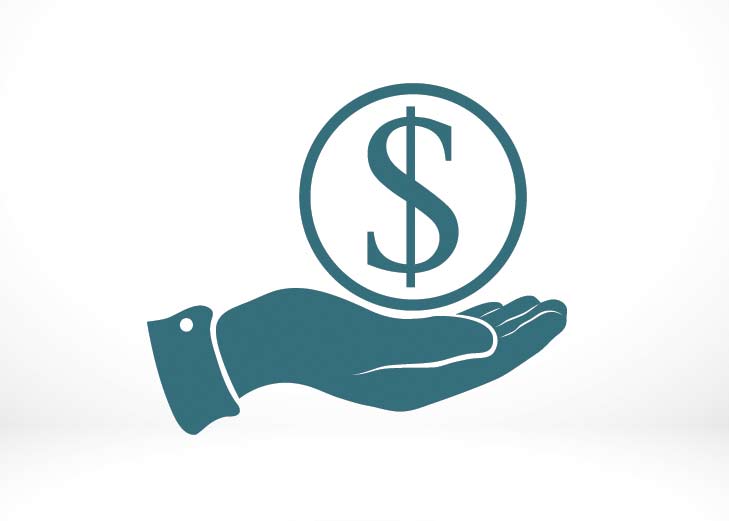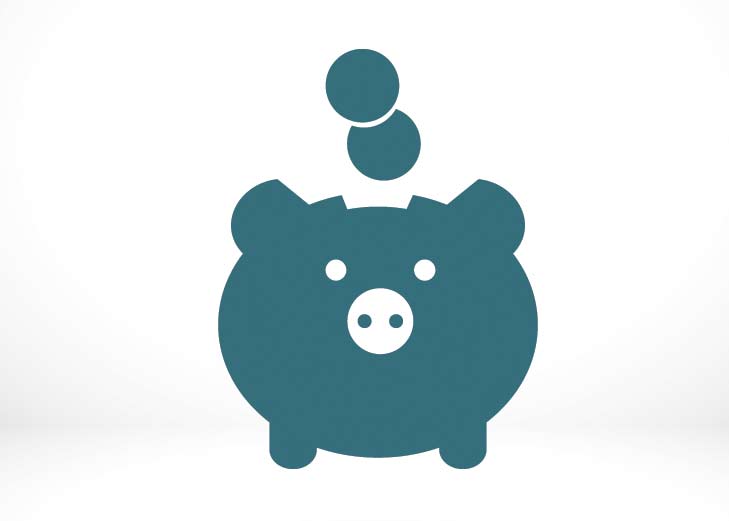Your Money Attitude
How can something as straightforward as columns of numbers cause so much conflict when it’s just simple arithmetic? It’s not simple anything. Money is tied up with our emotions in ways we don’t even notice. Each of us has a built-in attitude toward money that controls the way we spend. It’s as much a part of our outlook as a sense of humour, and it doesn’t change. In my work I see four common attitudes toward money. None of them is right or wrong, better or worse than the others, but each can lead to trouble if it’s not balanced. Once you’ve identified your type, you can build financial plans that satisfy your deep inner need. Check out the four basic types and see if you recognize yourself. You might be one type or a combination. If you’re not sure, How Much Is Enough? features a simple quiz that will identify your exact type and point out your danger zones. There’s also advice on how to avoid conflict with someone who’s a different type.
.
The money attitude quiz:
What does money mean to you? It’s helpful to know because any of these attitudes taken to the extreme can sabotage your dreams. Are you a spender, a saver, giver builder or something in between? (From “How Much Is Enough? Balancing Today’s Needs with Tomorrow’s Retirement Goals” by Diane McCurdy) (Answer A, B, C, or D for each)
What do you think about shopping?
A. Shopping is my favorite sport.
B. I shop when I need something.
C. Shopping can be fun sometimes, especially if I’m shopping for other people.
D. Shopping is torture.
What is your opinion about credit cards?
A. Credit cards allow me to have what I want without worrying if I can afford it.
B. If I can’t afford something but it’s an investment, why not use credit cards?
C. I give my kids credit cards to teach them the value of money.
D. Credit cards are a good way to build up a credit rating and a handy alternative to carrying cash.
When I go out for dinner with friends:
A. We check out the latest hot restaurant, and we split the bill evenly.
B. Sometimes I pay, sometimes they pay — it all works out eventually.
C. I usually fight for the check.
D. We ask for separate checks.
If I see something I like, I:
A. Buy it.
B. Buy it if it fits into my game plan.
C. Get one for me and one for somebody else if it’s a good deal.
D. Usually talk myself out of buying it.
If I won a big lottery, I would:
A. Never have to think about money again.
B. Use it to create something important.
C. Spend a lot of it on friends, family, and charities, and keep enough to live on.
D. Make sure my family was taken care of, pay off the mortgage, then live on the interest.
If I don’t have any money in the bank, I:
A. Use my credit cards and line of credit –isn’t that why they’re there?
B. Use credit to leverage opportunities.
C. Worry that I won’t be able to fulfill people’s expectations of me.
D. Get anxiety attacks (or I would if it ever happened).
I love to use my money to:
A. Enjoy life to the fullest.
B. Follow my interests and stretch myself.
C. Make other people happy.
D. Build up a nest egg.
Where does your money go?
A. I don’t know where all my money goes.
B. I always have a pretty good idea of how much money I have available, but never let that stand in the way of a good idea.
C. Most of my money is allocated to family, charity, or trying to make a difference.
D. I keep close track of all my bank accounts and investments.
When I go shopping for something I need, I:
A. Usually come home with a few extras.
B. Find it, buy it, and go home.
C. Look around to see if there’s anything I can pick up for anyone else while I’m out.
D. Shop around to make sure I’m getting it for the best price.
When somebody has a new car, I ask:
A. Did it come loaded?
B. What kind of car is it?
C. Are you happy with it?
D. How did it rate in Consumer Reports?
When I give to charity, I:
A. Give to the ones that appeal to my heart.
B. Choose charities that most closely match my aims and beliefs.
C. Give as much as I can because others need it more than I do.
D. Allocate a specific amount to the charities of my choice.
How do I allocate my retirement account?
A. What retirement account?
B. My home / business / hobby is my retirement plan.
C. My financial adviser takes care of all of that.
D. Carefully. Very carefully.
When I go on vacation, I like to:
A. Pamper myself.
B. Get some use out of the trip.
C. Take lots of friends or family with me.
D. See how cheaply I can do it and still have fun.
How did you score?
Find out by adding up the As, Bs, Cs, and Ds you have: The category in which you have the highest score is your type. You probably won’t be one type exclusively, but one attitude will probably prevail. If your top two choices are about equal, you are a combination of two types. If you picked mostly As you are a Spender, someone who loves what money can buy for you. Bs, you are a Builder, someone inclined to make your money work for you to realize a dream like owning a business. Cs, you are a Giver, someone who would rather give money away to charity than spend it on yourself Ds, you are a Saver, someone who worries about money for the future.

You only live once
Spenders are very current. If you want something, ask one. They’ll know where to get it, how to get it and probably the best deal on it. They’re forward thinking, fun to be around, and often the envy of their friends. They also tend to see shopping as a form of entertainment. These are the fabled Joneses. If you walk into a house that has the best and the latest of everything, especially when the owners don’t use it all, you’re in a spender’s house. Spenders would rather have something concrete than something abstract like savings.
Danger zones: Spenders get into trouble when they spend everything they have–or more. Of the four types, they have the hardest time saving money. If you’re a spender and don’t pay off your credit card bills every month, or have a permanent line-of-credit debt, you could be on the slippery slope.

Make it go
For builders, money is a tool. They use it–and sometimes risk it–to turn their plans and dreams into reality. The joy is in the creating. The self-made millionaire is the most obvious example of this type, but builders might also work at mindless jobs and pour all their money and energy into restoring cars or painting watercolours. Most entrepreneurs, corporate leaders and ardent hobbyists are builders. These people make fantastic mentors (if they have the time). They may or may not have all the trappings of success, even if they can afford them.
Danger zones: Builders can get into trouble when they’re so intent on building that they miscalculate the risks involved or fail to leave themselves a margin of error.

Tis better to give than to receive
The rest of us probably couldn’t get along without givers. These are the volunteers, donors to charity and friends indeed. Givers feel good taking care of other people. They buy gifts for friends that they would never buy for themselves. They deny themselves so they can leave something for the children. They put time, energy and money into what they believe in. For some of them, having money is almost a sin, and the only proper thing to do with it is give it away. But for most, there’s just a lot of pleasure in making other people happy or doing good.
Danger zones: Givers can get into trouble when they ignore their own needs. Tempting as it may be to help your kids buy their first homes, if you’re doing it at the expense of your own retirement income, you could end up a burden to them in the long run.

A bird in the hand is worth two in the bush
Savers can amass quite a lot in savings and yet still have an enviable quality of life on a tiny salary. Other types can’t quite figure out how they do it. Savers are very good at spotting money-wasting activities and avoiding them–often to the point that other people consider them cheap. These are not impulsive people, and they’re often very organized. Savers can have a bit of trouble parting with their money. Some are good investors, but some don’t want to risk anything and prefer cash. For peace of mind they need savings as a cushion.
Danger zones: Savers can be too conservative with their investments so their money doesn’t grow as much as it could. And they sometimes postpone enjoying their money until it’s too late to do the things they’ve always wanted to do.
